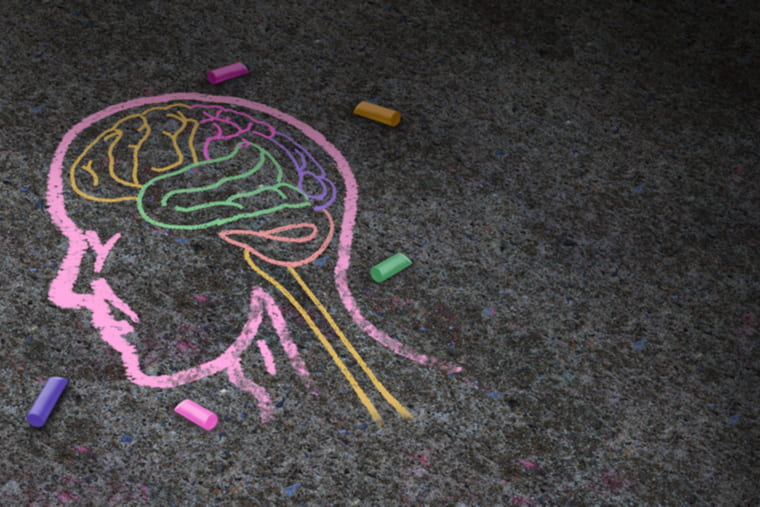Children in poverty are more likely to have cognitive and behavioral difficulties than their better-off peers. Plenty of past research has looked into the physical effects of childhood poverty, or documented mental health disparities between socioeconomic classes. But Deanna Barch, chair and professor in the Department of Psychological & Brain Sciences in Arts & Sciences at Washington University in St. Louis, and her colleague Joan Luby, MD, the Samuel and Mae S. Ludwig Professor of Child Psychiatry in the School of Medicine, wanted to look at a suite of outcomes to determine whether poverty continues to affect people as they enter adulthood.
And if so, how?

Barch and Luby
To answer these questions, Luby and Barch, who is also a professor of radiology and the Gregory B. Couch Professor of Psychiatry in the School of Medicine, and colleagues collected data for 17 years from families who agreed to participate, including 216 preschoolers who were followed through early adulthood. During the course of the study, the young participants underwent brain imaging to help tease out the relationships among their socioeconomic status in preschool, and provided information on a host of outcomes — including cognitive, social and psychiatric — in early adulthood.
The results were published July 14 in the journal Biological Psychiatry: Cognitive Neuroscience and Neuroimaging.
“First and foremost: yes,” Barch said, “Early poverty sadly continues to predict worse outcomes in all of these domains.” That holds true even if a child’s socioeconomic status changes before adulthood.
The risks for these outcomes, the research showed, are mediated through brain development.
“We think poverty and all of the things associated with it” — such as stress, inadequate nutrition, less access to health care — “impact brain development.” she said. “If we can prevent poverty, we can help circumvent some of these negative outcomes.”
